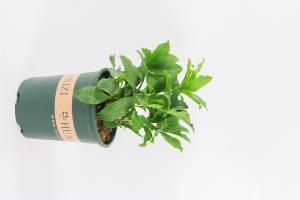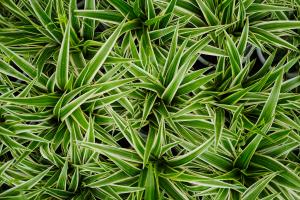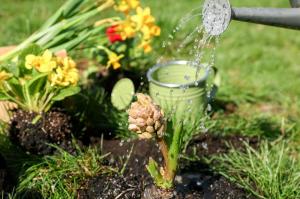Does Chlorine in Water Hurt Plants?
Many gardeners and plant enthusiasts often wonder if chlorine in water affects the health of their beloved plants. Chlorine, a widely used disinfectant, is added to most municipal water supplies to kill harmful bacteria and viruses. While its benefits are clear when it comes to human health, what about the consequences for plants?
Effects of Chlorine on Plants
Chlorine, when present in high concentrations, can indeed harm plants. It can damage leaves and roots, inhibit growth, and even kill off entire plants. In addition, chlorine can disrupt the balance of microorganisms in the soil, which can have further negative impacts on plant health.
However, the good news is that most municipal water supplies contain very low levels of chlorine. Typically, the concentration is between 0.2 and 2.0 milligrams per liter, which is considered safe for plants.
How to Protect Your Plants
If you're concerned about the effects of chlorine on your plants, there are several steps you can take to protect them. One of the easiest is to let tap water sit for 24 hours before using it on your plants. This allows the chlorine to evaporate and the pH of the water to stabilize, which can benefit your plants.
Another option is to use a water filter, which can remove chlorine and other impurities from your water. There are many different types of filters available, from faucet filters to reverse osmosis systems. While they can be costly, they may be worth the investment if you're serious about the health of your plants.
Finally, consider using rainwater to hydrate your plants. Rainwater is naturally free of chlorine and other chemicals, making it an ideal choice for plant care. You can collect rainwater using a simple system of gutters and a rain barrel, which can provide a sustainable source of water for your garden.
Conclusion
While chlorine in water can potentially harm plants, the levels present in most municipal supplies are typically too low to cause any serious damage. However, if you're concerned about the health of your plants or want to take extra precautions, there are several steps you can take to protect them, including letting tap water sit, using a water filter, and collecting rainwater.

 how many times do yo...
how many times do yo... how many planted tre...
how many planted tre... how many pine trees ...
how many pine trees ... how many pecan trees...
how many pecan trees... how many plants comp...
how many plants comp... how many plants can ...
how many plants can ... how many plants and ...
how many plants and ... how many pepper plan...
how many pepper plan...
































